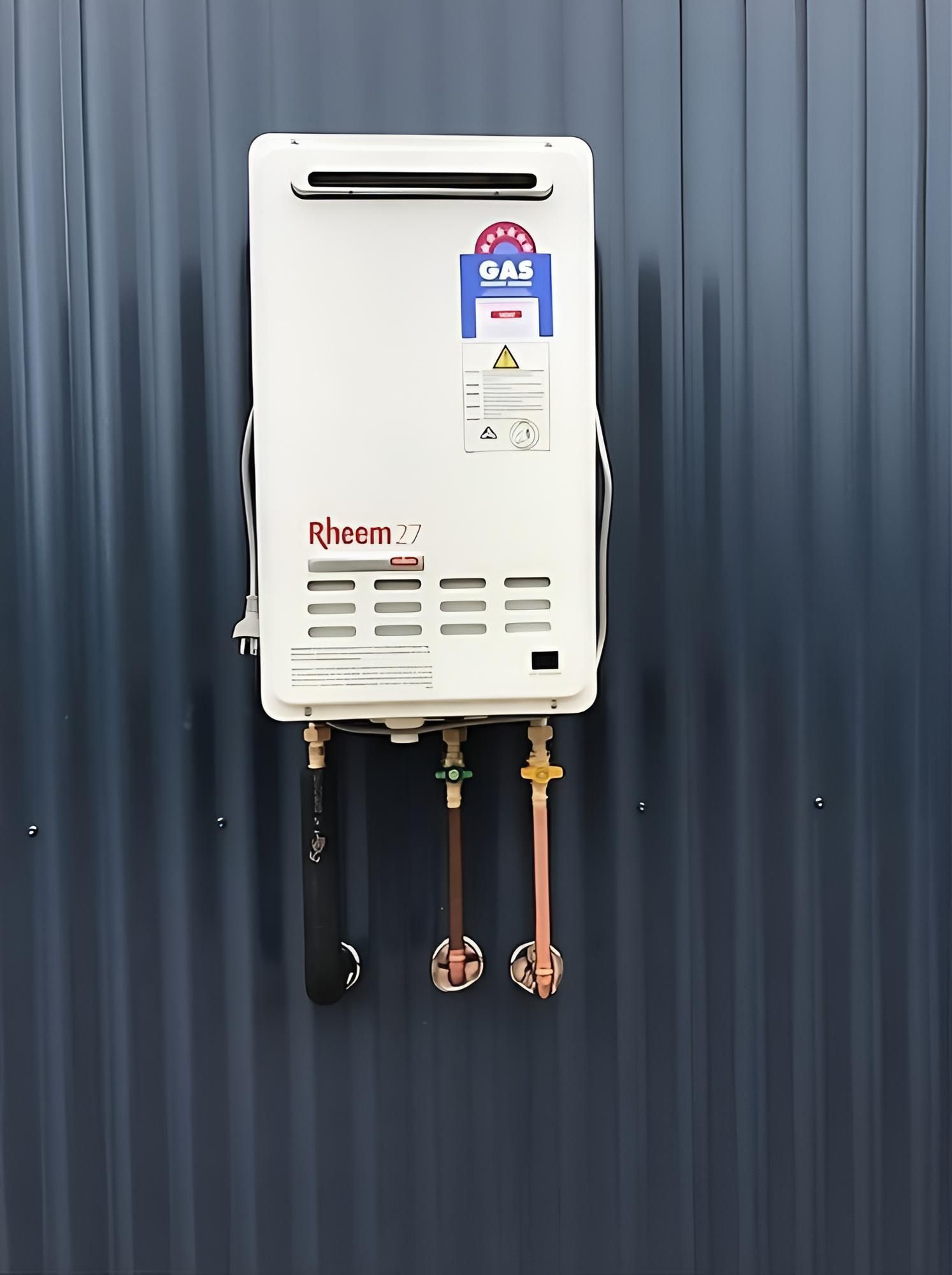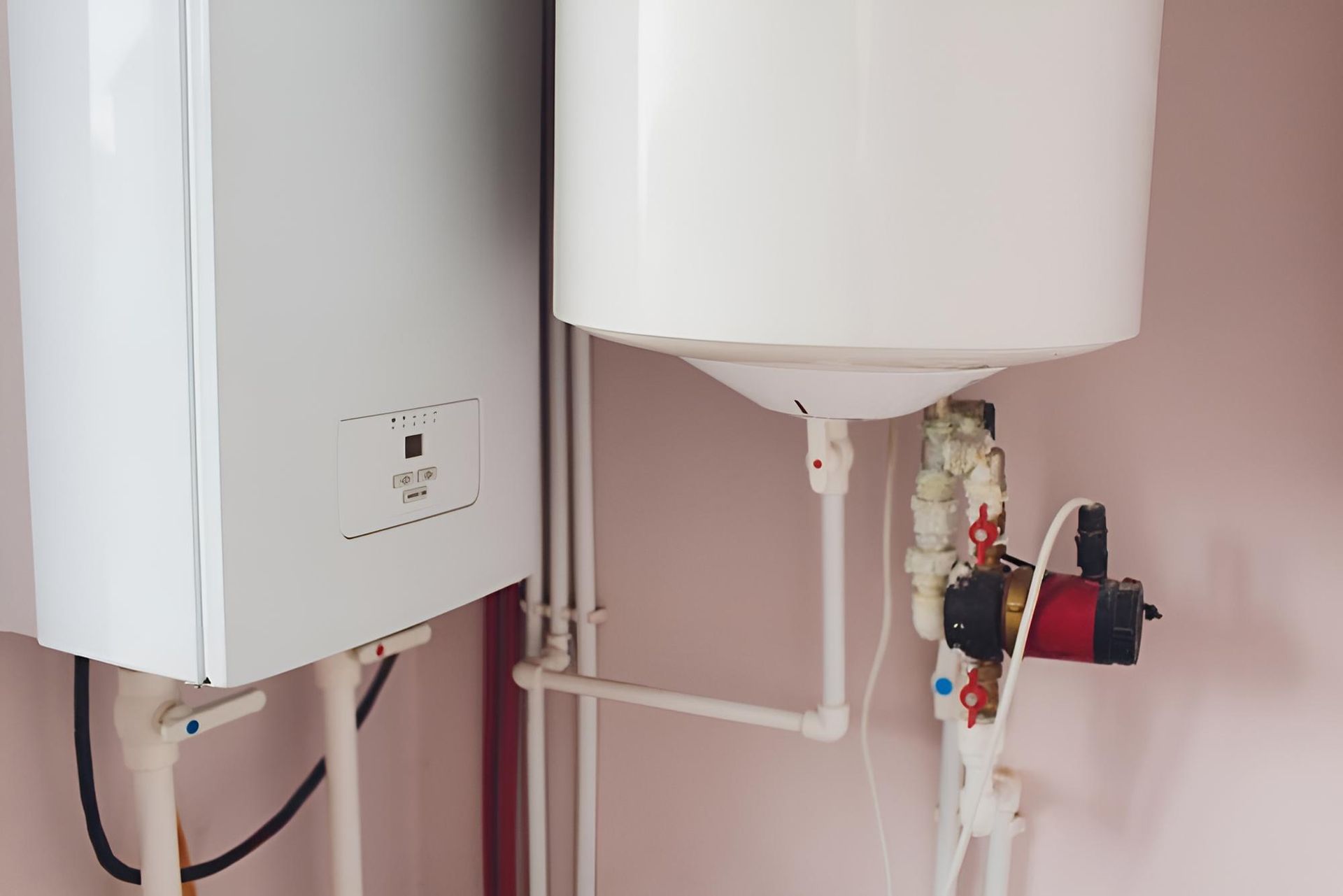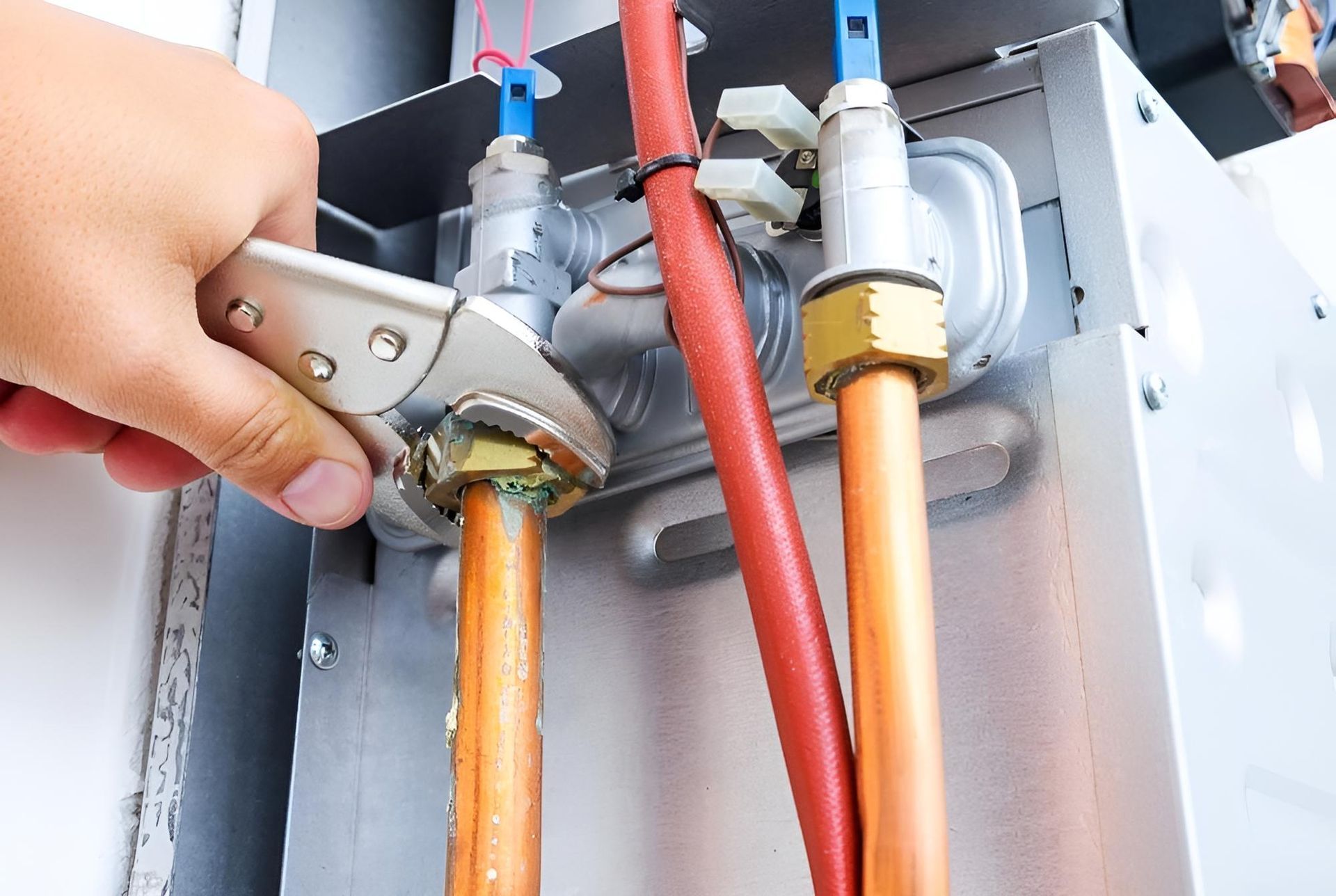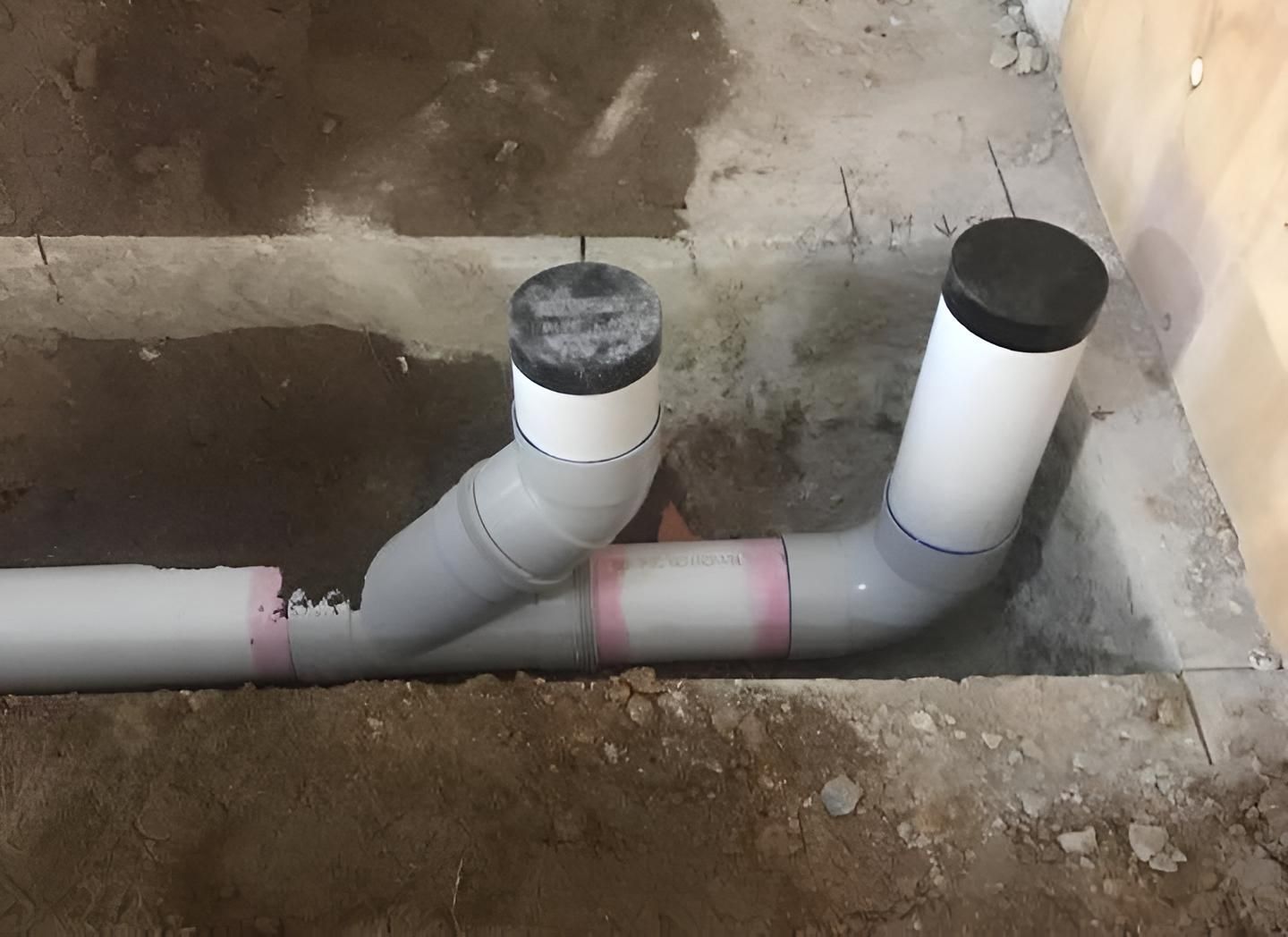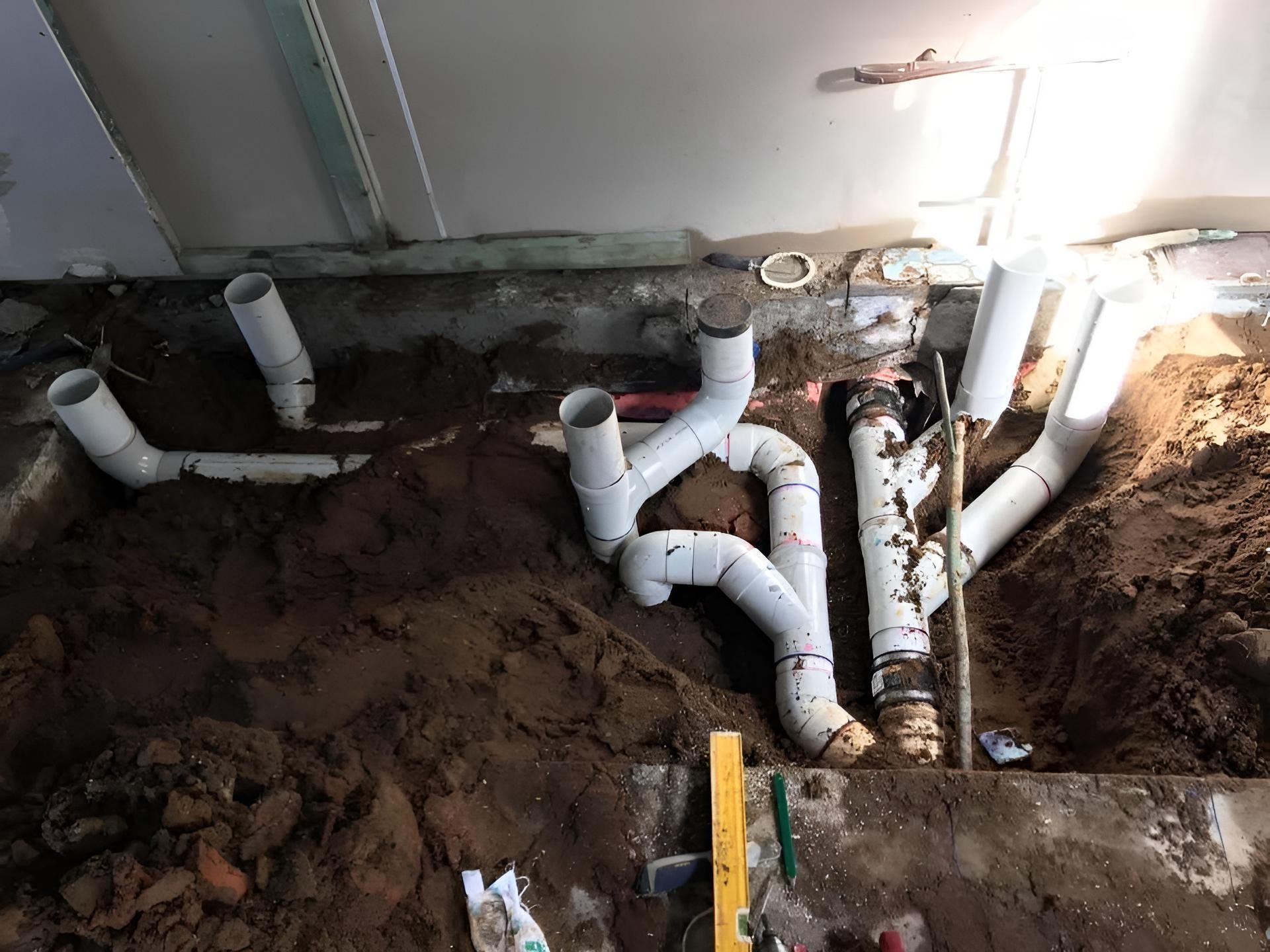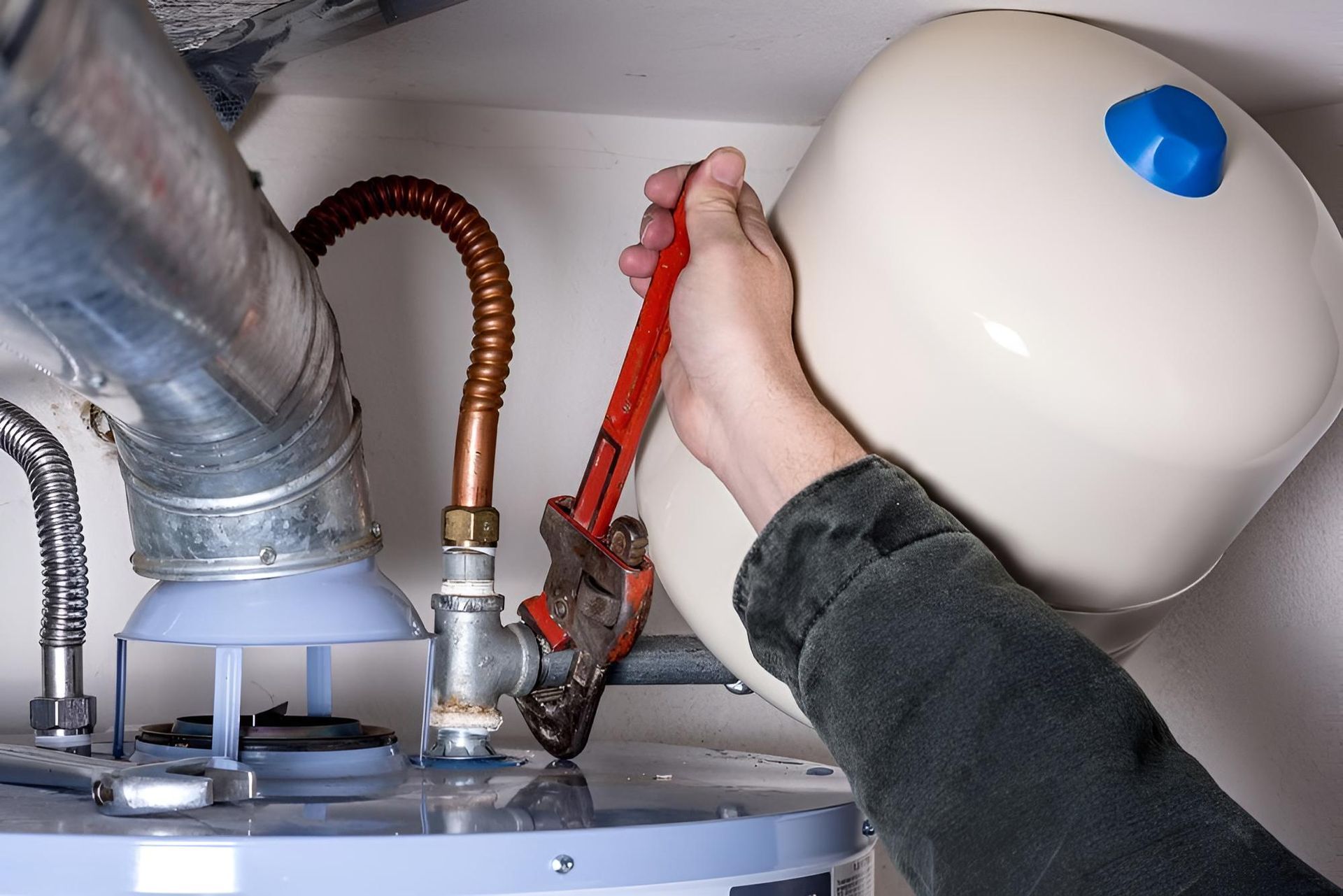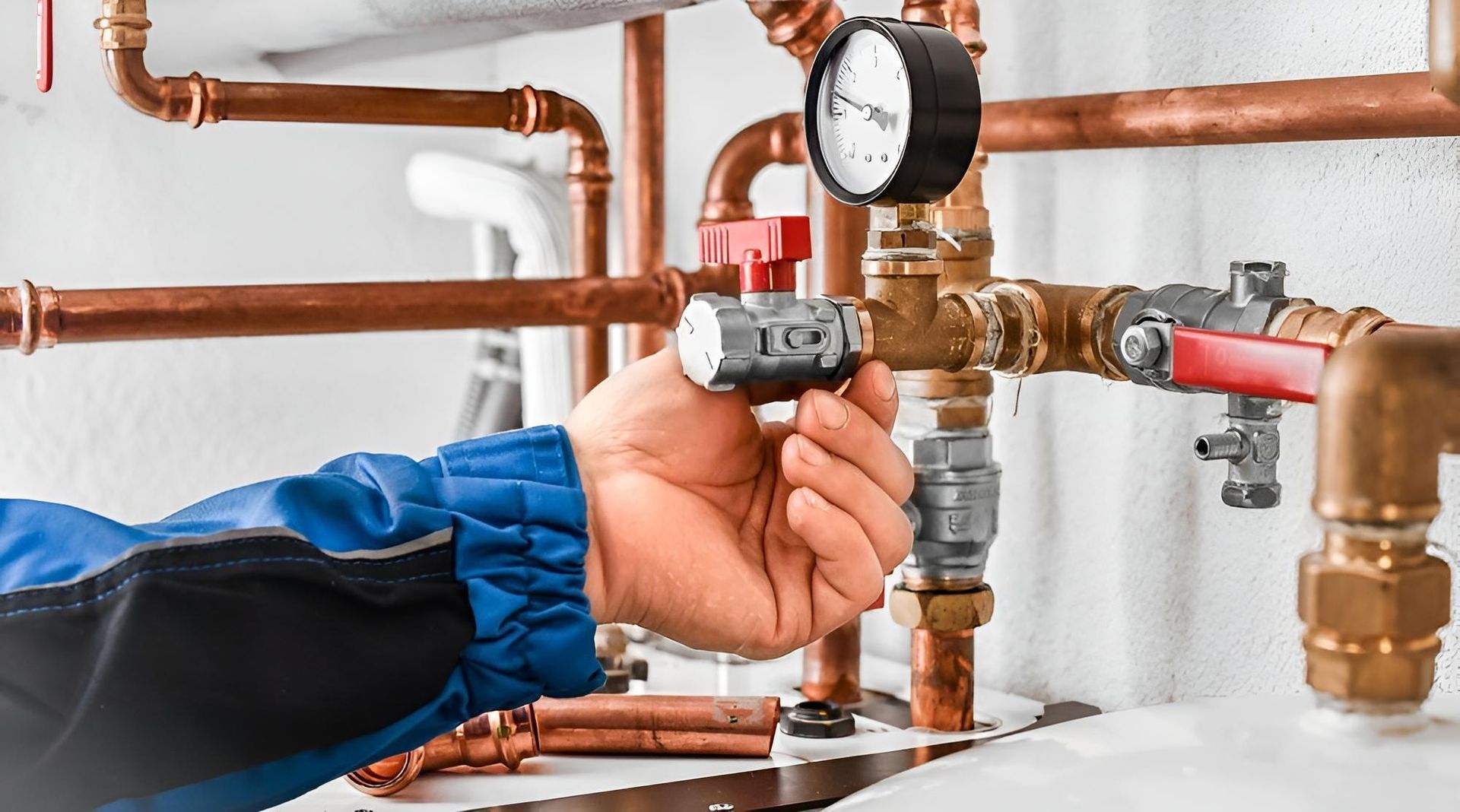Understanding The Pros And Cons: Gas Vs Electric Hot Water Systems
Choosing the right hot water system for your home is a decision that requires careful consideration of various factors. Whether you're upgrading your existing setup, moving into a new house or simply exploring more energy-efficient options, understanding the benefits and drawbacks of each system is important. In this blog, we’ll compare gas and electric hot water systems to help you make a well-informed choice.
Gas Hot Water Systems
Pros
- Rapid Heating: Gas hot water systems can heat water quickly, providing a steady supply even during peak usage.
- Energy Efficiency: Often more energy-efficient than electric systems, especially in areas where natural gas is cheaper.
- Reliability: Can continue operating during power outages, ensuring uninterrupted hot water supply.
- Lower Operational Costs: Typically, gas is cheaper than electricity, leading to lower monthly bills.
Cons
- Higher Installation Costs: Initial installation can be more expensive due to the need for additional plumbing and ventilation.
- Complex Maintenance: Gas systems may require more frequent and complex maintenance to ensure safe operation.
- Environmental Impact: Burning natural gas releases greenhouse gases, contributing to environmental concerns.
Electric Hot Water Systems
Pros
- Ease of Installation: Generally easier to install compared to gas systems, often requiring only a connection to the existing electrical system.
- Lower Initial Costs: Typically, the upfront costs are lower than those for gas systems.
- Low Maintenance: Electric systems have fewer moving parts and combustion processes, leading to simpler maintenance requirements.
- No Emissions: Electric systems do not produce greenhouse gases on-site, making them a cleaner option in terms of immediate emissions.
Cons
- Slower Heating: Electric systems often heat water more slowly than gas systems, which can be inconvenient during high-demand periods.
- Power Dependency: Electric hot water systems will not operate during power outages, potentially leaving you without hot water.
- Energy Efficiency:
Without additional technologies like heat pumps or solar panels, electric systems can be less energy-efficient than gas systems.
Gas vs Electric Hot Water Systems: Making a Choice
Another important aspect is the initial installation cost, which can vary depending on whether you need additional plumbing or electrical work. By weighing these factors, you can make an informed decision that balances cost, efficiency and sustainability for your home.
Find the Perfect Hot Water Solution for Your Home
At Richardson Plumbing & Gas Service, we understand how each type of system can impact your home's energy efficiency, operational costs and overall convenience. We offer comprehensive installation, repairs and maintenance services to keep your hot water systems running smoothly. If you’re ready to upgrade your hot water systems in Port Macquarie, get in touch with us today!

